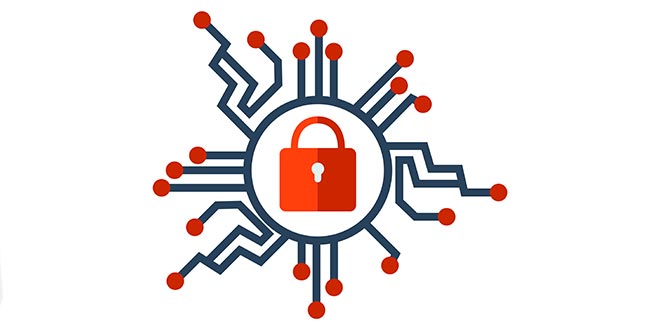The Department of Homeland Security wants to help your business improve its cybersecurity. The agency has named October National Cybersecurity Awareness Month and is launching campaigns to help business owners understand the importance of cybersecurity and identify online threats to their business’s data and finances.
Last month, credit monitoring firm Equifax confirmed a data breach that jeopardized the personal information of more than 143 million Americans. But it’s not just major corporations that are facing threats online. According to Entrepreneur, nearly half of all cyberattacks target small businesses.
The article notes that small businesses are in a vulnerable position when it comes to cyberattacks. They store lucrative personal information that thieves would desire, but rarely have money set aside in their budgets to prevent or recover from cybercrimes.
There are a few ways retailers and small business owners can help fortify their operations’ online defenses.
Enable Two-Step Email Verification
Entrepreneur recommends small business owners set up two-step verification services (or multiple-step verification services, as it’s sometimes called) on their email clients. No matter what service you use for personal or business emails, you can enable two-step verification to add an extra layer of security.
Two-step verification means that after you enter your username and password, an extra step is required to ensure only authorized users gain access to emails. Usually, this extra step involves a special code being sent to your smartphone. Even if a hacker has your email login information, they won’t be able to access your inbox without the special code.
Change Your Passwords Often
Retailers shouldn’t be afraid to change passwords as often as possible. Changing passwords regularly is one of the most effective ways to prevent cyberattacks. Choosing unique passwords that are full of numbers and special characters is an even stronger way to protect your assets. Encourage employees to change their passwords monthly to keep your business protected all year long.
Update Your Software
It might be tempting to choose ‘Remind Me Later’ when you get a notification to update your software, but postponing those updates may harm your business in the long run. Set aside time each week to ensure your computers, smartphones and tablets are running the most recent operating systems to ensure you’re protected from the latest cybersecurity threats.
Use Government Resources
If your business has been hit by a cyberattack or you suspect a criminal is trying to gain access to your business data, the FBI recommends reporting the incidents via the Internet Crime Complaint Center, a service it runs that helps agents track cyberattacks and identify trends.
The Department of Homeland Security also offers resources for small business owners to circumvent cybercrimes. This informative poster helps retailers analyze emails to find clues that the message they’ve received is from a potentially dangerous sender. You can also learn the difference between phishing schemes, ransomware and identity theft to help your operation stay on the cutting edge of cybersecurity.
 Hardware Retailing The Industry's Source for Insights and Information
Hardware Retailing The Industry's Source for Insights and Information








